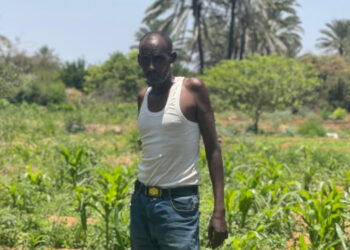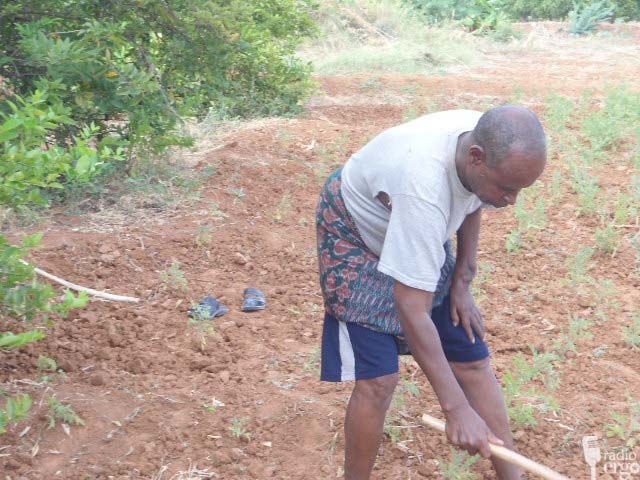(ERGO) – Fadumo Hassan Ali was delighted to have a tap installed in her house in December and has been getting running water supplied every two days.
Her household is one of 11,000 families in Gedeble district, 23 kilometres north of the Somaliland capital Hargeisa, who have been connected without charge to piped water, after the development of new infrastructure in the area.
She used to buy water delivered in jerry cans, spending about $37 on water every month. Now she only has to pay her water bill, which for the past two months has been seven dollars.
“You can’t even compare the water costs now and before. Now we can consume the water without thinking about the cost, I even give water to some of my neighbours who don’t have water,” she said.
Fadumo, a widow, lives with her nine children and niece. She sells groceries in Hargeisa market. On her humble earnings, her family had to make water last for three days as it was so costly.
“Water was a challenge during the day and night. But just imagine when you run out of water and you don’t have money to buy anymore!” she said.
Somaliland Water Agency used to charge six million Somaliland shillings ($700) for a domestic household water installation.
According to the agency head, Mohamed Ali Darod, the charges were high due to the water shortage in the city. The rising number of people migrating to Hargeisa has also contributed to water scarcity.
However, a major water infrastructure development project has led to the construction of new boreholes, and a large water reservoir with a new pumping station at Gedeble. A pipeline from Gedeble is now bringing more water than before to Hargeisa town.
He said that around half of all households in Hargeisa were now accessing piped water from taps.
Most people used to rely on buying water from commercial tankers that kept rising in price as transporters cited increasing fuel costs.
Niman Farah Mohamed participated in a mass protest in June 2022 over rising water prices in Hargeisa, as water truckers demanded that locals had to buy a minimum of five jerrycans at a timer.
He was unemployed and relying on money from his sister in Nairobi, who said she could not afford to meet the higher prices for water.
Niman said his family of four sometimes went a week without enough water to drink, cook, and clean.
“Sometimes we would get the water late at night. The water trucking system was challenging, sometimes they wouldn’t even bring us clean water,” he said.
He was debating moving away from the area. But on 20 December 2022, his house was connected for free to tap water. Since then, they have been paying six dollars a month instead of the $30 he was paying for trucked water.










